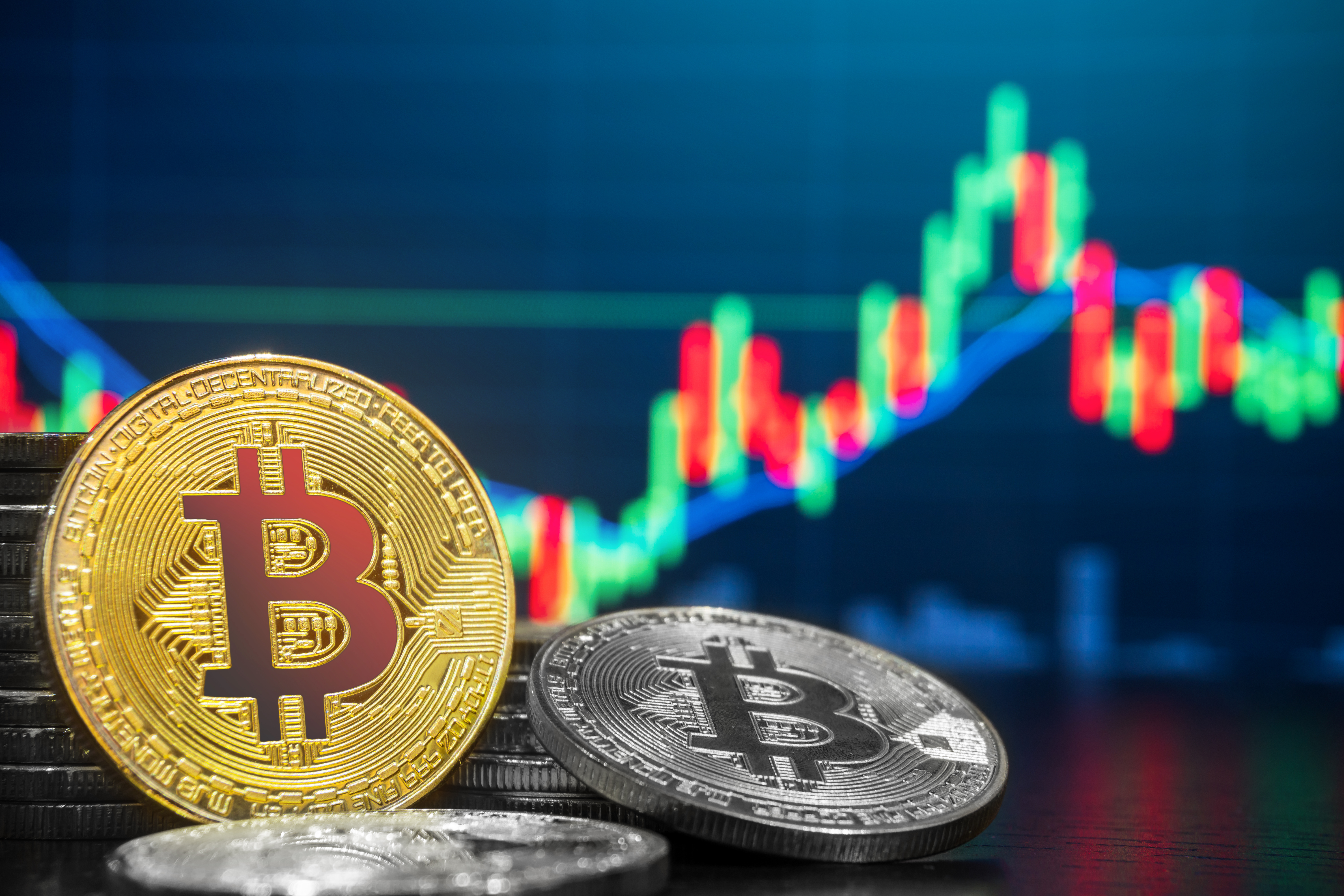Who Trades Bitcoin Futures and Why? A Perspective on the Emerging Trends in Cryptocurrency Markets
R Tamara de Silva
The world of cryptocurrency is constantly evolving, and Bitcoin remains at the forefront of this revolution. Recently, a study by economists at the U.S. Commodity Futures Trading Commission (CFTC) provided valuable insights into the Bitcoin futures market.[i] As a law firm specializing in futures and derivatives, this article discusses the findings of the CFTC economists and explores the implications for traders and investors.
Bitcoin futures allow traders to speculate on Bitcoin's future price. These contracts, traded on regulated exchanges like the Chicago Mercantile Exchange (CME), are settled in cash rather than in Bitcoin itself. This setup lets investors gain exposure to Bitcoin’s price movements without actually holding the cryptocurrency. Moreover, the presence of a clearing firm and the transparency inherent in futures markets offer significant advantages, including efficient trade settlement and increased market confidence. Additionally, shorter-term contracts provide flexibility for managing risk around economic events, while the robust underlying index ensures accurate price discovery and capital efficiency.[ii]
The study identifies two main types of traders in the Bitcoin futures market:
- Concentrated Traders: These traders invest almost exclusively in Bitcoin futures, driven by a strong belief in its potential or a desire to profit from its volatility. They are typically smaller traders focused on Bitcoin.
- Diversified Traders: These traders include Bitcoin futures as part of a broader portfolio to diversify their investments and manage risk. This group often comprises hedge funds and institutional investors balancing their portfolios with Bitcoin exposure.
Since mid-2020, the Bitcoin futures market has seen a significant increase in diversified traders, reflecting heightened institutional interest. The introduction of micro Bitcoin futures in May 2021 attracted many new concentrated traders, but diversified traders still hold the majority of open interest. This indicates that smaller investors are now more active in the market.
Legal and Regulatory Implications
For legal professionals and compliance officers, understanding the different motivations of market participants is crucial. The increasing involvement of diversified traders highlights the need for robust regulatory frameworks to ensure market integrity and investor protection.
Regulated exchanges like the CME offer a safer trading environment compared to unregulated cryptocurrency exchanges. This regulation helps mitigate risks associated with volatility and market manipulation, which are more prevalent in unregulated markets. Additionally, regulated exchanges adhere to CFTC rules, mandating the segregation of customer assets and custodial practices. Specifically, CFTC regulations such as 17 CFR Part 1, Section 1.20 require that customer funds be segregated from the firm's funds, and 17 CFR Part 1, Section 1.25 governs the investment of these funds, ensuring they are held in safe, liquid assets.
Why Do People Trade Bitcoin Futures?
- Speculation: Traders bet on Bitcoin's future price to profit from its volatility.
- Hedging: Investors use Bitcoin futures to hedge against potential losses in their other investments.
- Diversification: Including Bitcoin futures in a portfolio helps spread risk across different asset classes.
- Regulation: Trading on regulated exchanges provides security and oversight not found in many cryptocurrency markets.
- Segregation of Assets: Regulated exchanges ensure customer assets are segregated and held in custody, offering crucial protection.
Bitcoin Futures vs. Buying and Holding Bitcoin
It’s essential to understand the difference between trading Bitcoin futures and directly buying and holding Bitcoin:
- Ownership: Buying Bitcoin means you own it and can store it in a digital wallet. Bitcoin futures involve trading contracts that speculate on Bitcoin’s future price without owning the actual Bitcoin.
- Leverage: Futures trading allows leverage, meaning you can control a larger position with a smaller amount of capital, amplifying both potential gains and losses. Buying Bitcoin outright requires full payment of its current price.
- Settlement: Bitcoin futures contracts have specific expiration dates and settlement terms, while holding Bitcoin is indefinite.
- Profit Opportunities: Futures contracts enable profiting from both rising and falling markets through long and short positions. Holding Bitcoin directly only profits from price appreciation.
Futures vs. Spot Prices
Cryptocurrency prices are determined by supply and demand. The spot price is the current price for immediate transactions. In contrast, the futures price is based on the current spot price plus a premium or discount, known as the futures premium. This premium fluctuates, being positive if the futures price is higher than the spot price, and negative if it is lower. These variations are driven by changes in supply and demand.
Conclusion
The study "Who Trades Bitcoin Futures and Why?" offers a thorough examination of Bitcoin futures trading, providing the cryptocurrency community with valuable insights into market dynamics. For those unfamiliar with Bitcoin futures, it underscores the strategic applications of these instruments for speculation, hedging, and diversification.
Understanding the participants in Bitcoin futures trading is essential for navigating the complexities of cryptocurrency markets and offering sound regulatory compliance advice. The future of cryptocurrency trading is promising, and being well-prepared is crucial to capitalizing on its opportunities.
If you need legal guidance on futures and derivatives regulation and compliance matters, contact us. Ensure your firm stays compliant and protected in the ever-evolving regulatory landscape.
R Tamara de Silva
Endnotes:
[i] Ferko, Alex, Moin, Amani, Onur, Esen, and Penick, Michael. "Who Trades Bitcoin Futures and Why?" U.S. Commodity Futures Trading Commission, November 4, 2021


